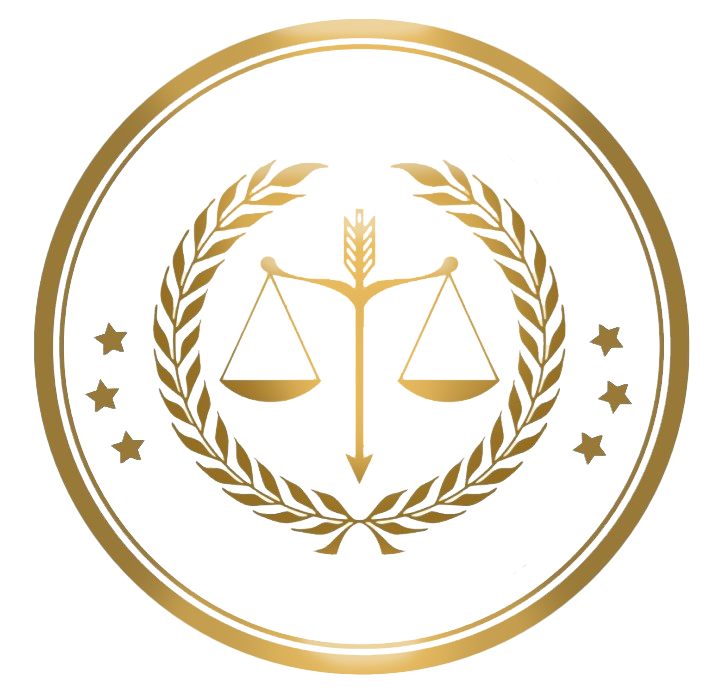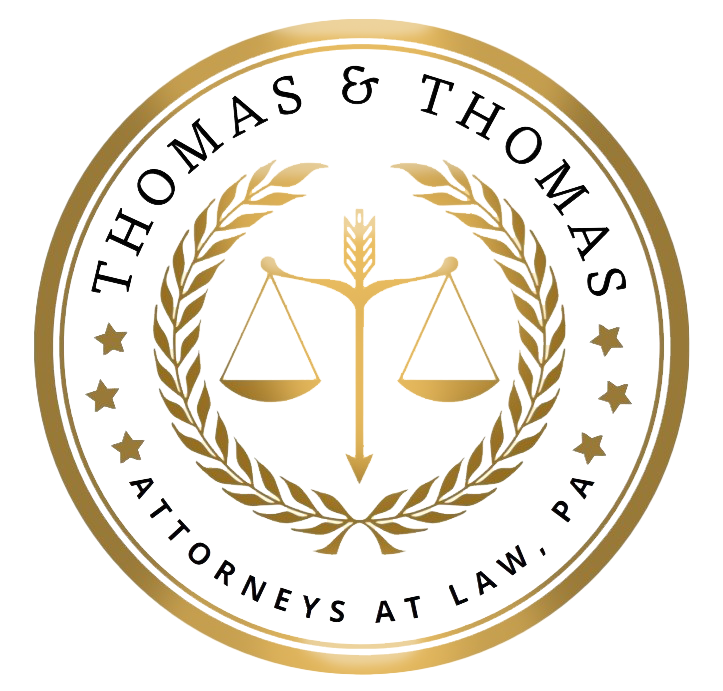Don’t Forget Your Digital Life: Include Online Assets in Your Estate Plan
When most people think about estate planning, they think of real estate, bank accounts, family heirlooms, and retirement funds. But in today's digital age, another crucial category of property is often overlooked: digital assets.
Digital assets may not always have a tangible form, but they can hold significant financial, sentimental, or practical value. Your digital footprint can be substantial, from email accounts and photo libraries to online subscriptions and business data. Unless you plan for it properly, your loved ones may be unable to access or manage it after you are gone.
That is why digital estate planning has become essential to creating a complete estate plan, especially in Florida, where laws governing fiduciary access to digital property continue to evolve
What Are Digital Assets?
Digital assets refer to any content or rights that exist in a digital format and come with the right to use or transfer.
These can include:
- Email accounts (Gmail, Outlook, etc.)
- Cloud storage (Google Drive, Dropbox, iCloud)
- Digital photos, videos, and family archives
- Social media profiles (Facebook, Instagram, LinkedIn)
- Subscription services (Netflix, Spotify, Amazon Prime)
- Loyalty programs and airline miles
- Online bank accounts and statements
- Blogs or personal websites
- E-books, music, and software licenses
- Cryptocurrency
- Online business accounts (Shopify, Etsy, etc.)
These assets often contain private or sensitive information and may hold real monetary value. Planning for them isn't just about protecting wealth—it's about protecting your legacy.
The Risk of Ignoring Digital Asset Planning
Without proper planning, digital assets can be:
- Locked or inaccessible: Password protection, two-factor authentication, and data encryption can prevent even legally appointed heirs from accessing accounts.
- Deleted due to inactivity: Some platforms automatically delete accounts after extended periods of inactivity.
- Lost forever: Heirs may not even know certain digital assets exist unless documented.
- Vulnerable to hacking: Dormant accounts with no oversight are more susceptible to security breaches.
Unlike traditional property, digital assets cannot be stored in a safe deposit box or filed with a deed. If the information needed to access them is not available, these assets may disappear completely, no matter how valuable they are.
Florida Law and Digital Assets
Florida recognizes the importance of digital assets through the
Florida Fiduciary Access to Digital Assets Act (FADAA). This law grants fiduciaries (like personal representatives, trustees, and agents under power of attorney) the ability to access digital property only under certain conditions.
Here are key takeaways from the law:
- Explicit Consent Is Required: Simply naming an executor or agent in your will or power of attorney does not automatically give them access to your digital assets. You must provide specific written permission.
- Online Tools Take Precedence: Some online platforms, like Google and Facebook, allow users to designate a legacy contact or choose account preferences after death. These settings override instructions in your estate plan.
- User Agreements Still Matter: Even with proper planning, some digital assets may still be governed by the provider's terms of service, which can restrict or delay access.
That is why it is so important to integrate digital assets and estate planning intentionally and legally.
How to Include Digital Assets in Your Estate Plan
To ensure your digital assets are properly handled after your death or incapacity, follow these key steps:
1. Create a Digital Asset Inventory
Start by identifying all of your digital assets. For each one, include:
- The type of asset (e.g., iCloud photo library, Amazon account)
- Website or platform name
- Username or email address
- Location of password (but do not include passwords in your will)
Be as detailed and thorough as possible. Even something as seemingly minor as your frequent flyer account could hold thousands of dollars in travel value.
2. Secure and Share Access Information
Security is critical. Avoid including sensitive login credentials in your estate planning documents, as wills and trusts can become part of the public record.
Instead, store passwords and account access details in a secure location, such as:
- A password manager (e.g., LastPass, 1Password)
- An encrypted digital file
- A locked physical document in a safe or with your attorney
Make sure a trusted person—your executor, agent, or family member—knows how to locate and use this information.
3. Add Legal Language to Your Estate Plan
Florida law requires specific authorization for fiduciaries to access digital accounts. Your estate plan should include language granting permission to access digital assets. Without it, your loved ones may face unnecessary delays or legal hurdles—even if they are your designated heirs. Your estate plan documents may include a:
- Will
- Trust document
- Power of attorney
4. Use Online Tools and Settings
Many digital platforms offer settings that let users plan for the future. For example:
- Google has an Inactive Account Manager
- Facebook allows users to designate a legacy contact
- Apple offers a Digital Legacy feature in iOS
Taking advantage of these tools adds another layer of control over what happens to your digital life.
5. Update Regularly
Digital assets change rapidly—new accounts get created, old ones are forgotten, and terms of service are constantly updated. Make it a habit to review your digital estate plan every year or when you:
- Open a new account
- Launch a business
- Purchase digital content
- Change passwords or security measures
Consistency is key to keeping your estate plan effective and up to date.
Special Considerations for Digital Assets in Florida
Because Florida is a popular retirement destination, many residents may have extensive digital records related to:
- Retirement investments
- Online medical portals
- Property management systems (especially for vacation homes)
- Family history and genealogy research
Additionally, many Florida residents manage long-distance relationships with family via social media and email. Ensuring these communication channels are accessible to loved ones can be just as important as distributing physical property.
Start Your Digital Estate Planning Today
Digital assets are part of nearly everyone's life, regardless of age, wealth, or profession. Whether you manage online subscriptions, store cherished family photos in the cloud, or run a blog or small business, your digital legacy deserves the same care and attention as your physical one.
Proper digital asset planning ensures that your online presence, personal data, and digital valuables are handled in a way that respects your wishes and reduces stress for your loved ones.
Need Help with Digital Estate Planning?
The estate planning process can feel overwhelming, especially when digital assets are involved. At
Thomas and Thomas Attorneys at Law PA, our experienced Florida estate planning lawyers help individuals and families throughout Stuart and the Treasure Coast create thoughtful, forward-looking plans that cover every aspect of life, both online and offline. We will work with you to ensure your digital assets are clearly documented, legally protected, and accessible when the time comes.
Ready to get started? Contact us today at
(772) 888-3040 or
complete our online form to schedule a confidential consultation and take the next step toward a more complete estate plan.


